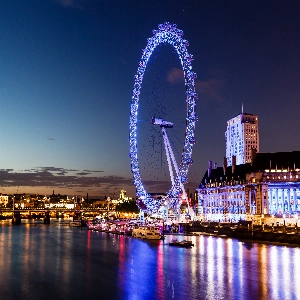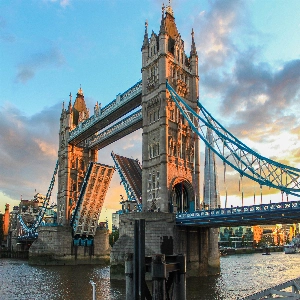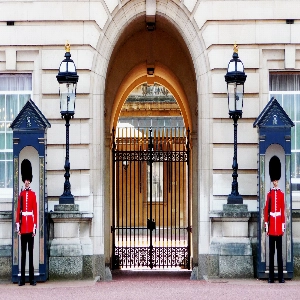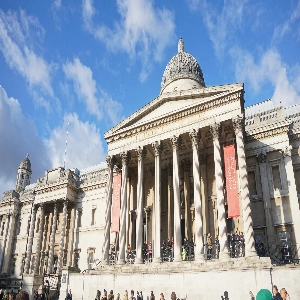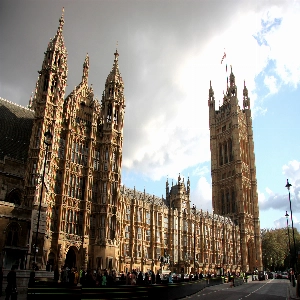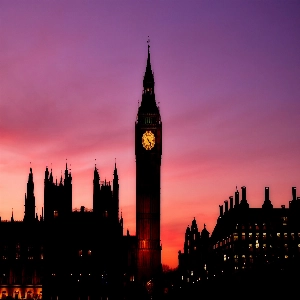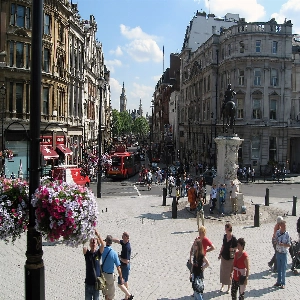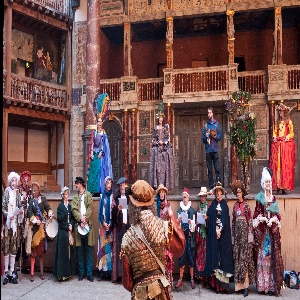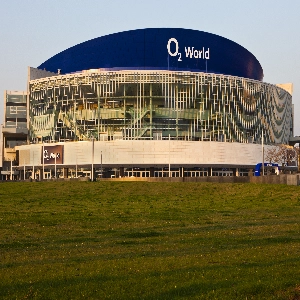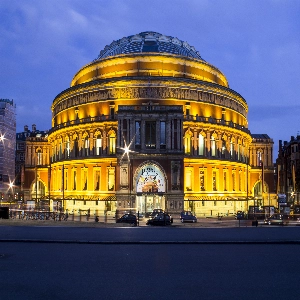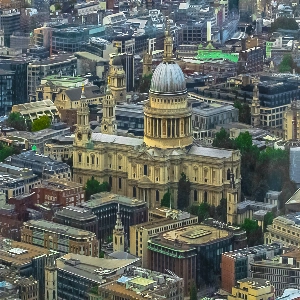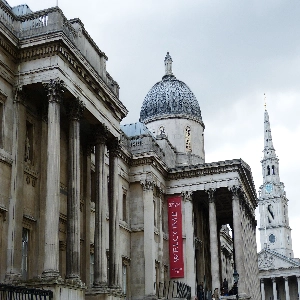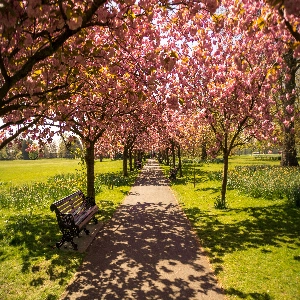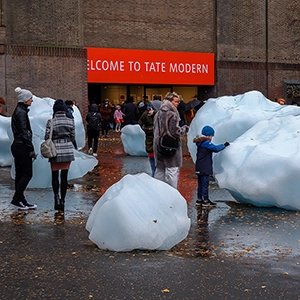Welcome To The Royal Opera House: A Grand Temple Of Art And Culture
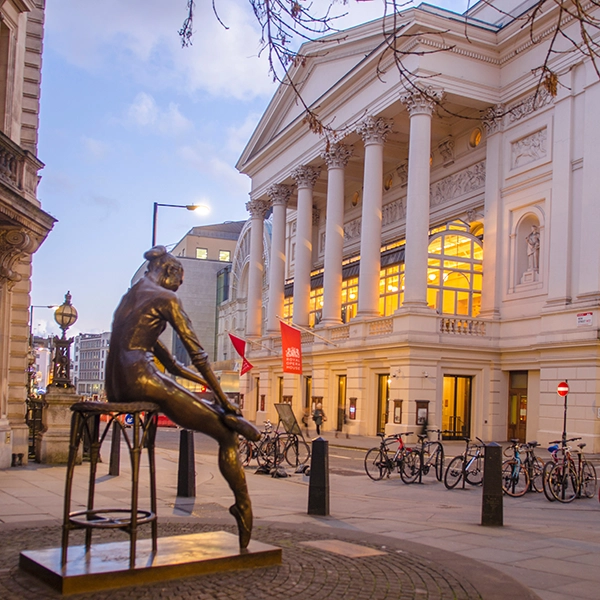
Introduction to the Royal Opera House
The Royal Opera House, a prestigious and historic performing arts venue located in London's Covent Garden, is home to the world-renowned Royal Opera and the Royal Ballet companies. With a history dating back to the 18th century, this iconic venue continually attracts audiences from around the world, keen to experience spectacular performances showcasing the best of opera, ballet, and classical music.
The Royal Opera House is a mainstay of London's cultural scene, not only providing an impressive platform for its resident performing arts companies but also offering a diverse range of programming for audiences of all ages and backgrounds. This article will delve into the rich history of the Royal Opera House, its impact on the performing arts world, and its ongoing commitment to artistic excellence.
A Rich and Storied History
The history of the Royal Opera House dates back to 1732 when it opened its doors as the Theatre Royal in Covent Garden, a premier venue for opera and dance performances. Founded by John Rich, the theater's initial purpose was to showcase the most prominent opera stars of the time.
By the late 18th century, under the management of renowned composer George Frideric Handel, the venue hosted some of Europe’s finest operatic talents and had successfully established itself as the leading opera house in England. However, disaster struck in 1808 when a fire destroyed the original building. A second theater, designed by Robert Smirke, opened in 1809, but this too was destroyed by a fire in 1856.
The current building, which opened in 1858, was designed by architect Edward Middleton Barry. It quickly regained its prominence in the world of opera, securing its reputation as a leading performing arts venue for decades to come. In 1892, the theater expanded its repertoire by hosting its first performance by a ballet company, the newly formed Empire Theatre Ballet.
In 1946, the theater was granted its royal charter by King George VI, formally renaming it the "Royal Opera House." The Royal Ballet and Royal Opera companies, formed after World War II, became the venue's permanent resident companies, propelling the Royal Opera House to new heights of artistic excellence and international acclaim.
The Royal Opera and the Royal Ballet
As the resident performing arts companies of the Royal Opera House, the Royal Opera and the Royal Ballet have a significant impact on the global performing arts scene. They each boast a diverse repertoire that includes both classical and contemporary works, attracting top performers and creative talent from around the world.
The Royal Opera, founded in 1946, is committed to the highest standards of music and drama. A powerhouse in the world of opera, the company regularly hosts performances of classic works by composers such as Mozart, Verdi, and Puccini, alongside contemporary operas by modern composers. The Royal Opera also frequently collaborates with prominent international opera companies, sharing productions and exchanging creative ideas.
The Royal Ballet, also founded in 1946, is one of the world's most distinguished ballet companies. Under the directorship of artistic giants such as Ninette de Valois, Frederick Ashton, and Kenneth MacMillan, the Royal Ballet has cemented its reputation for technical excellence and groundbreaking choreography. The company's extensive repertoire encompasses a wide range of styles, from classical ballets like Swan Lake and The Nutcracker to innovative contemporary works by established and emerging choreographers.
Educational and Community Initiatives
In addition to its dedication to staging world-class performances, the Royal Opera House actively engages with local communities through educational and outreach programs. These initiatives focus on broadening access to opera, ballet, and the performing arts, nurturing the next generation of artistic talent, and fostering an appreciation for the arts among diverse audiences.
Key educational initiatives provided by the Royal Opera House include Chance to Dance, a program designed to offer children from underprivileged backgrounds the opportunity to receive ballet training, and the Jette Parker Young Artists Programme, which supports and develops young opera singers, conductors, directors, and other creatives early in their careers. These initiatives ensure that the Royal Opera House remains at the forefront of cultivating emerging talent and providing enriching experiences for audiences.
A Magnet for Talent and Collaboration
The Royal Opera House's international standing as a center for the performing arts extends beyond its resident companies. The venue also hosts a program of visiting dance, opera, and music companies, as well as prestigious events such as the annual BAFTA Awards ceremony.
A key partner of the Royal Opera House is the Orchestra of the Royal Opera House, which provides live music for both the Royal Opera and the Royal Ballet. This collaboration fosters a unique artistic synergy between performers and musicians, as well as offering audiences a remarkable and seamless musical experience.
Experiencing Performances at the Royal Opera House
A visit to the Royal Opera House promises a truly memorable experience. The architecture and opulent interiors of the historic venue provide a stunning backdrop for world-class performances. Audience members can choose from a variety of seating options, including luxurious opera boxes and more affordable seats in the theater's balcony section.
In addition to attending live performances, audiences can also take part in behind-the-scenes tours and workshops, as well as watching live cinema screenings of Royal Opera House productions in venues around the country. These initiatives ensure that the Royal Opera House remains accessible and relevant to diverse audiences throughout the 21st century and beyond.
Conclusion
The Royal Opera House serves as not only a historic and inspiring venue but also as a symbol of London’s dedication to the performing arts. Through its rich history, innovative programming, dedication to outreach programs, and ongoing commitment to nurturing talent, the Royal Opera House continues to cement its reputation as one of the world's premiere destinations for opera, ballet, and classical music.

